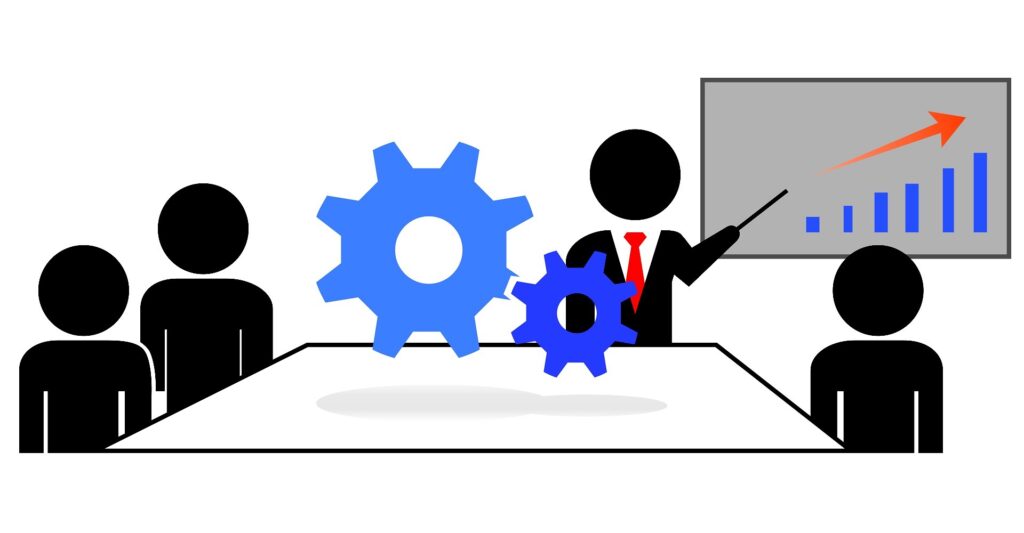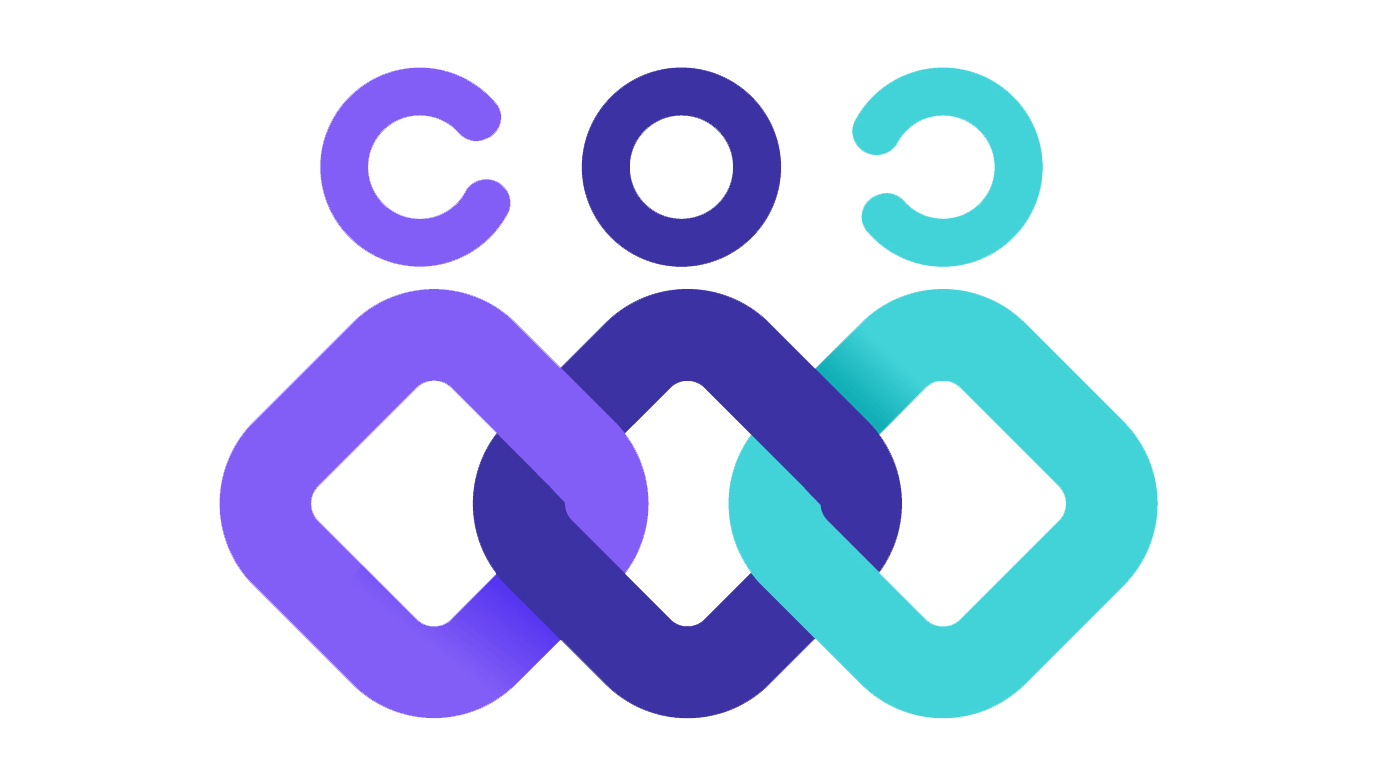- Home
- Product
-
Product Overview
Team Insight combines performance management, recognition, and local rewards in a single loop — so teams grow fairly, stay engaged, and feel valued.
PRODUCT
Employee Performance Management Software
Tools to improve performance and growth tracking.
Employee Recognition & Rewards Software
Build positivity by valuing daily wins.
Employee Engagement Software for SMEs
Drive productivity with clear access and accurate tracking.
OKR & KPI Software for Small Teams
Tools to improve performance and growth tracking.
-
- Resources
- Capture leads and make buying easySed ut perspiciatis unde omnis iste natus error sit voluptatem accusantium doloremque laudantium, totam aperiam, eaquecy epsa abillo inventore veritatis architecto beatae
- Complete documentation
- Working materials in Figma
- 100GB cloud storage
- 500 team members
- Complete documentation
- Working materials in Figma
- 100GB cloud storage
- 500 team members
 Capture leads and make buying easySed ut perspiciatis unde omnis iste natus error sit voluptatem accusantium doloremque laudantium, totam aperiam, eaquecy epsa abillo inventore veritatis architecto beatae
Capture leads and make buying easySed ut perspiciatis unde omnis iste natus error sit voluptatem accusantium doloremque laudantium, totam aperiam, eaquecy epsa abillo inventore veritatis architecto beatae- Complete documentation
- Working materials in Figma
- 100GB cloud storage
- 500 team members
- Complete documentation
- Working materials in Figma
- 100GB cloud storage
- 500 team members
Capture leads and make buying easySed ut perspiciatis unde omnis iste natus error sit voluptatem accusantium doloremque laudantium, totam aperiam, eaquecy epsa abillo inventore veritatis architecto beatae- Complete documentation
- Working materials in Figma
- 100GB cloud storage
- 500 team members
- Complete documentation
- Working materials in Figma
- 100GB cloud storage
- 500 team members
 Capture leads and make buying easySed ut perspiciatis unde omnis iste natus error sit voluptatem accusantium doloremque laudantium, totam aperiam, eaquecy epsa abillo inventore veritatis architecto beatae
Capture leads and make buying easySed ut perspiciatis unde omnis iste natus error sit voluptatem accusantium doloremque laudantium, totam aperiam, eaquecy epsa abillo inventore veritatis architecto beatae- Complete documentation
- Working materials in Figma
- 100GB cloud storage
- 500 team members
Latest Product Updates
Strong Signals
Accelerate Your Monitoring Efforts with ‘Team Insight,’ an AI-Powered Solution.
Smart Ideation
Enhance Your Creative Process with GenAI-Powered Ideation.
Knowledge Hub: Articles, Webinars...Explore our blog, webinars, and case studies to stay informed. Visit the Help Center for all the resources you needContent summary: Discover insights and expert advice through our blog to stay updated with the latest trends and solutions.
Discover insights and expert advice through our blog to stay updated with the latest trends and solutions.
Join our webinars for expert-led discussions and real-time learning from industry leaders.

Explore our case studies to see how our solutions drive success in real-world scenarios.

Visit our Help Center for quick answers, resources, and support to assist you every step of the way.
Articles, Webinars...
Explore our blog, webinars, and case studies to stay informed. Visit the Help Center for all the resources you need
RESOURCES
Blog Articles
Discover insights and expert advice through our blog
Webinars
Join our webinars discussions and learning from industry leaders.
CaseStudies
Explore our case studies
Help Center
Visit our Help Center for quick answers, resources.
-
- Success Stories
- Login
- Pricing
- Company
-
A Story of Growth, Trust, and Vision
Our journey is built on a commitment to empowering people and increasing employee productivity. By fostering trust and innovation, we aim to create a work environment where growth and success go hand in hand.
About Us: A team driven by innovation, focused on growth and productivity.
A team driven by innovation, focused on growth and productivity.
Contact us with any questions or feedback. Let’s boost productivity together.
A Story of Growth...
Our journey is built on a commitment to empowering people and increasing employee productivity. By fostering trust and innovation, we aim to create a work environment where growth and success go hand in hand.
ABOUT OUR COMPANY
About Us
A team driven by innovation, focused on growth and productivity.
Contact Us
Contact us with any questions or feedback. Let’s boost productivity together.
Our Team
Meet the people behind TeamInsight
-

What is Employee Experience Management? A Helping Guide to Increase Engagement & Retention

In today’s cutthroat job market, companies are realizing that happy employees are their biggest asset. That’s why employee experience management is no longer a buzzword—it’s business-critical. But what does it actually mean to prioritize your people? And how can you create a workplace where everyone feels valued, motivated, and ready to do their best work? In this guide you will find out the essential ideas, problems and techniques necessary for practice or development of a thriving workplace with EEM.
What is Employee Experience?
Employee experience encompasses all aspects of a job; the complete cycle of interactions, touchpoints, and impacts, from hiring to exit. The work environment (physical, cultural, and technological) influences how employees feel about their jobs and the company.
In contrast to traditional human resources approaches, which are transactional, employee experience operates from a holistic perspective, considering employees’ emotions and psychology. Its objective is to create an environment where employees feel valued, a sense of belonging, and are motivated to perform at their best.
The Significance of Employee Experience Management
Employee experience management is the specific practice of strategic design and optimization that is critical for achieving a level of engagement and satisfaction, retention. The days of bending the will of employees for their organizations are over and organizations which are embracing hybrid work models need flexible strategies for providing value to employees.
The Ultimate Business Impact of Employee Experience
The truth is that a better employee experience equates to an improved engagement level, and therefore a happier and more loyal consumer. The data-driven employee experience of companies with perform:
- Lower turnover: Engaged employees were 59% less likely to leave to find new job opportunities
Up to 13% more production: Happier employees will be more productive
- Deliver service excellence: Well-trained employees are likely to provide exceptional products for their customers making them satisfied
- Enhanced financial performance: Organizations that have high level of employee engagement surpass their competitors by 21%.
But taking the second path will result lack of engagement, burnout and eventually turn-over: Talent short and economic uncertainty increase, you better make EEM.

Employee Experience Challenges in 2025 and Beyond
- Organizations are anticipated to encounter new employee experience challenges in 2025 and beyond. One key challenge is the complexity of hybrid work arrangements, which involve balancing remote and in-office work environments while fostering an effective and cohesive organizational culture.
- Outdated technology can hinder effective collaboration and communication within an organization, ultimately impacting employee satisfaction and productivity. Addressing these shortcomings through regular updates and investments in modern tools can enhance workplace efficiency and morale.
- Personalization in the workplace has become a key expectation among employees, who increasingly seek tailored experiences that align with their individual needs and career goals. Organizations that prioritize this approach can foster greater engagement, satisfaction, and productivity within their teams.
- The increasing prevalence of stress and burnout has prompted organizations to reevaluate their approach to employee wellbeing. Companies are now prioritizing mental health initiatives, recognizing the critical role they play in fostering a productive and engaged workforce. By implementing comprehensive support systems, such as access to counseling services, flexible work arrangements, and wellness programs, businesses aim to address these challenges proactively. This shift underscores the growing understanding that employee mental health is not just a personal issue but a vital component of organizational success.
- The entry of Generation Z into the labor market brings a major change which requires companies to recalibrate their strategy to resonate with both the unique demands as well promise of digitally-savvy population. Young professionals enter with a higher degree of technological savvy and new ways of thinking necessitating a move towards innovation, the digital enabling toolbox and creating homogenous working cultures that speak to their values & dreams.
Employer of choice be it solved by a person centric approach to Employee Experience Management backed by hard data and an innovative solution.
How to Design Your Employee Experience Strategy
Designing a solid employee experience strategy is a blend of empathy, technology and data-driven decision-making. Here is a starting point for steps:
- Empathize with the Employee
Start with feedbacks from employees via surveys, focus group and one-on-one interviews. You can investigate for pain points and areas where improvement is needed.
- Map The Employee Journey
Make a comprehensive site map of the employee journey, mark key moments and points. So that you can sift through those and find the holes or inconsistencies in the experience.
- Leverage Technology
Technology can be utilized to enhance communication, collaboration, and efficiency in workflow. For example,
Implement HR software for an efficient onboarding.
-Use collaboration tools such as slack or microsoft teams to increase bonds.
– Roll out pulse surveys to capture immediate input.
- Develop a Culture of Support
Employee experience is significantly shaped by culture. Engage in honest conversations, credit efforts and celebrate all forms of diversity.
- Personalize Experiences
Take an approach that is tailored to individual desires and career planning. For example:
Create flexible work opportunities
— Provide tailored learning paths for workforce development
- Track Your Success
Track employee engagement scores, turnover and productivity goals in order to measure the viability of your strategy over time.

Employee Experience Management Best Practices
To ensure employee experience management (EEM) is effective and sustainable, follow these best practices:
- Gain leadership buy-in to ensure leaders actively support employee-focused initiatives.
- Prioritize employee well-being by offering mental health resources, wellness programs, and 24/7 support services.
- Maintain transparency in communication by keeping employees informed about organizational changes and decisions.
- Acknowledge employee contributions through rewards, expressions of gratitude, or other easily implementable methods.
- Train managers by equipping them with five essential skills to foster strong relationships with their teams.
Employer Experience Management Skills For Employee
To excel in managing employee experience, voluntary managers must possess a diverse set of skills critical to fostering a positive and productive workplace environment. Key competencies include empathy, which enables a deep understanding of employee needs and emotions, and data analysis, which allows for the interpretation of survey results and performance metrics to inform decision-making. Strong communication skills are essential for effectively conveying ideas and actively listening to others, while the ability to lead programs that drive cultural change and operational improvements is crucial for long-term success. Proficiency in leveraging digital tools to implement innovative solutions further enhances the impact of these efforts. Investing in training for HR teams and Employee Experience Management (EEM) professionals can significantly contribute to the overall success and growth of an organization.

Conclusion
Employee Experience Management is more than an HR function — it is a business imperatively that enables engagement, retention AND business success. The key stages of the employee’s journey, technology adoption and best practices create a workplace that ensures employees manage.
Moving forward into 2024, for example as we all stand at the precipice of continued disruption of so many aspects of life that organizations cannot – and should not stop trying — to be awesome workplaces. After all, when we value and support our employees they grow up to be great doers that lead togrowth all around! Start prioritizing employee experience immediately and unlock the true capacity of your workforce















It is a good idea and essentisl for modern working space .